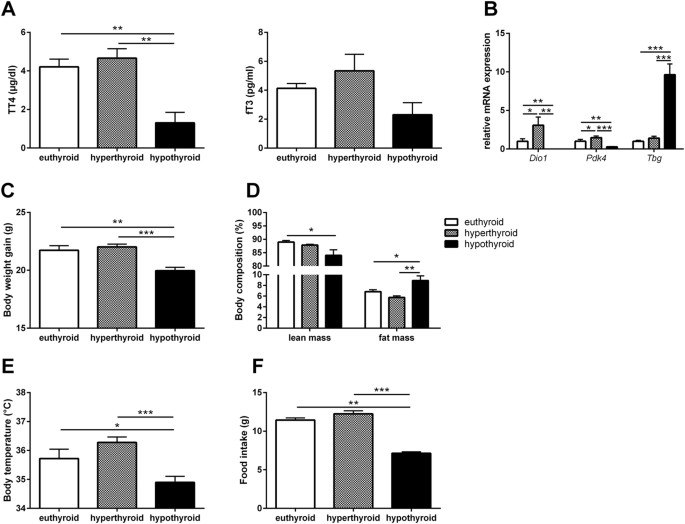
- Select a language for the TTS:
- UK English Female
- UK English Male
- US English Female
- US English Male
- Australian Female
- Australian Male
- Language selected: (auto detect) - EN
Play all audios:
News of the appalling violence on the streets of Belfast has now reached the White House. Some 55 officers have been injured, with youths from both sides of the sectarian divide fighting
nightly battles with police, who have been obliged to deploy water cannon to quell the riots. Now the Biden Administration has called for calm, while reiterating its support for “the
Northern Ireland Protocol, which helped protect the gains of the Good Friday/Belfast Agreement”. The Protocol is, of course, the _casus belli _because it creates a border in the Irish Sea.
Joe Biden’s intervention is well-meant, but it is directed to the wrong address. His statement mentions the “British, Irish and Northern Irish leaders”, but it ignores the elephant in the
room: the European Union. Politicians in London, Dublin and Belfast are doing what they can to persuade Unionist and Nationalist hardliners to call off their bully boys. But only Brussels
can change the facts on the ground, by relaxing the regulatory straitjacket that treats post-Brexit Northern Ireland as an adjunct member of the EU and forces the British Government to
create an artificial bottleneck in supplies to its own Province. So far, Brussels has been silent about the whirlwind that it has sown. No doubt Ursula von der Leyen, the Commission
President, disclaims any responsibility for the consequences of the Protocol that Michel Barnier, the EU’s chief negotiator, imposed on the UK as a condition of Brexit. At the time, many
predicted that it would undermine the fragile consensus in Northern Ireland. It was Barnier who decided that preserving the open border between the Irish Republic and the Province would
require the UK to create a new trade border with the whole island of Ireland. Anyone familiar with the history of the Troubles of the 1960s to 1990s knew that the Protocol would inevitably
trigger Unionist fears of a sellout and, sooner or later, violence. That Protocol, however, suited Irish Americans just fine — and one of them in particular. Long before he was elected
President, Joe Biden had warned the British that he would not tolerate any shenanigans in the Brexit negotiations that might put the Good Friday Agreement at risk. He and his Secretary of
State, Antony Blinken, regard Brexit as an act of Trumpian populist lunacy and have never even bothered to understand why a majority of the UK electorate (though not that of Northern
Ireland) voted to leave an increasingly centralised EU. As far as they are concerned, if anything is to blame for riots in Belfast, it is the nationalism of the British, not that of the
Irish. Indeed, for Biden himself, the cause of Irish unity is personal. His ancestors worked, wrote and fought for it. Though he was never one of the Irish-American senators who raised money
for the IRA, he was vocal in support of Bill Clinton’s role in brokering the Belfast Agreement signed on Good Friday in 1997 that brought the republicans of Sinn Fein into government in the
North. It is probably fair to assume that Biden sees that Agreement as a stepping stone on the road to a united Ireland and the Protocol as another one. He has been around for long enough
to know that the division of Ireland — which took place exactly a century ago — has taken generations to overcome and that he is unlikely to live to see it removed. But the Irish nationalist
cause is close to his heart, as it is for many other Americans. Hence President Biden is the last person one could expect to appeal to the EU to play its part in defusing the conflict in
Belfast. Insofar as they care about this remote corner of Europe, the politicians and bureaucrats of Brussels share the same agenda as those of Washington. In their eyes, Ireland is a member
state and its national aspirations are legitimate. British rule in Northern Ireland is part of the unfinished business of colonialism. How, then, should the British Government respond to
the President’s implicit offer of help as a peacemaker? Boris Johnson knows the score. He cannot hope to change Joe Biden’s mind. But, just as Tony Blair enlisted Bill Clinton’s help to
bring the IRA’s “armed struggle” to an end, so Johnson can use Biden to put gentle pressure on Mrs von der Leyen to lower the temperature in Belfast. Instead of accusing London of “breaking
international law” when it legislates to prevent food shortages in Northern Ireland, Brussels should be working with London to streamline trade regulations across the Irish Sea. Instead of
threatening to trigger emergency provisions in the Protocol to prevent exports of vaccines to the UK, Brussels should be rendering those emergency powers redundant by reducing red tape to
normalise the flow of goods between Northern Ireland and the rest of the UK. If Joe Biden aspires to play an active role in the politics of Ireland, North and South, he needs to listen to
what both sides of the British-Irish relationship have to say. He can serve the cause of Irish unity best by serving the cause of peace — even if that means adapting the Protocol to the
practical needs of ordinary people in the Province. Whatever Biden’s ancestral allegiance may mean to him, this is 2021, not 1921. Surely it is not too much to expect the President of the
greatest democracy on earth, a lifelong Democrat, to respect the democratic wishes of the people of Northern Ireland? A MESSAGE FROM THEARTICLE _We are the only publication that’s committed
to covering every angle. We have an important contribution to make, one that’s needed now more than ever, and we need your help to continue publishing throughout the pandemic. So please,
make a donation._







